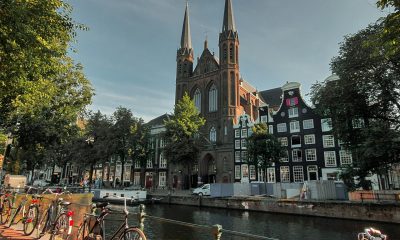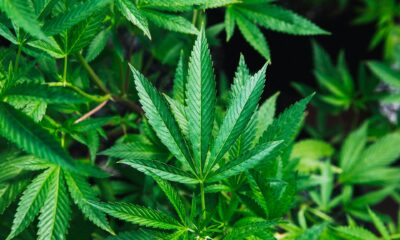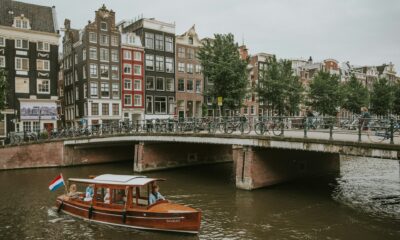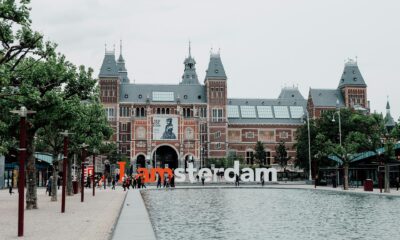Cannabis
Netherlands Toughens Drug Penalties: Longer Sentences for Smugglers
Justice Minister David van Weel’s new bill proposes harsher penalties for drug crimes in the Netherlands: 16 years for smuggling, 12 years for trafficking and production, and 8 years for large-quantity possession. Aimed at curbing drug-related crime and aligning with neighboring countries’ stricter laws, this initiative seeks to prevent the Netherlands from being a criminal haven.
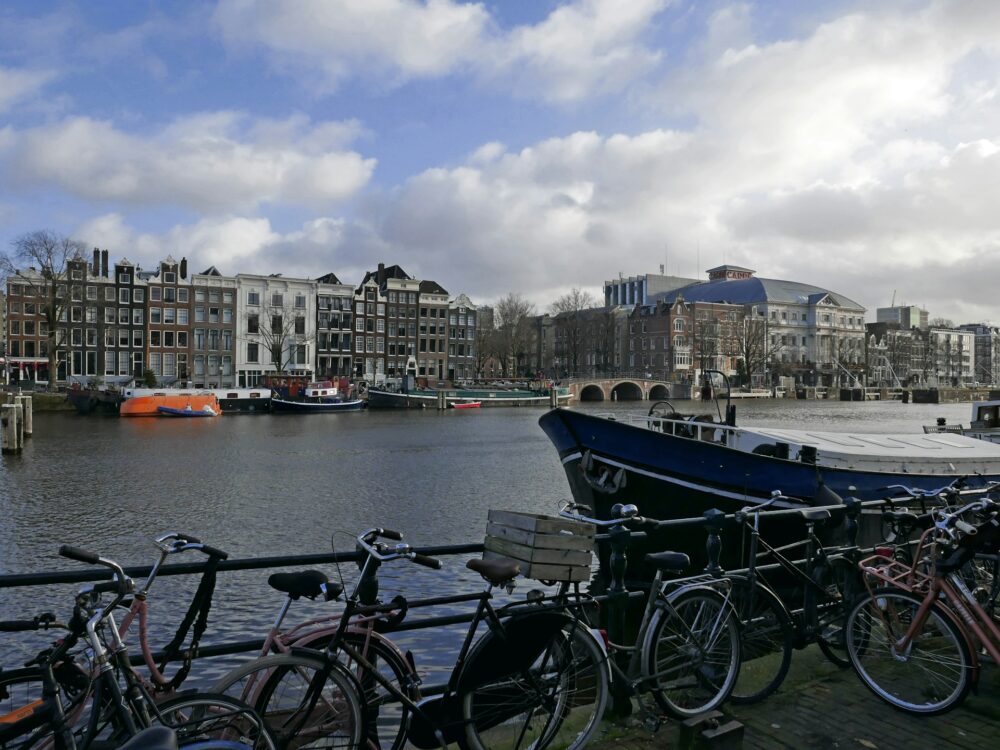
The Netherlands, one of Europe’s most liberal countries on drugs, has taken decisive steps against drug crime.
The introduction of new, longer prison sentences for smugglers, dealers and people in possession of large quantities of hard drugs is intended to make the country less attractive to international criminal gangs. The changes are also intended to provide greater security for Dutch citizens.
Changes to Dutch drug law in 2024
A new bill presented by Justice Minister David van Weel proposes significantly tougher penalties for various forms of drug offences:
Smuggling hard drugs : the maximum sentence will be increased from 12 to 16 years.
Trafficking and production of hard drugs : the penalty will increase from 8 to 12 years.
Possession of large quantities of hard drugs : the penalty will be increased from 6 to 8 years.
Minister Van Weel stressed that the Netherlands wants to be a country that firmly opposes drug-related criminal activity.
“Drug trafficking is a major source of income for organized crime. Our goal is to curb this activity through severe penalties, so that the Netherlands is not seen as an easy place for criminals,” the minister explained.
New, tougher sentences for drug trafficking and smuggling
The basis for the proposed changes is the need to increase the effectiveness of the law against drug smugglers and traffickers. The Ministry of Justice points out that the current penalties do not deter criminals who cross borders without scruples and operate on a large scale, both in production and smuggling drugs to other European countries.
The introduction of longer sentences, such as 16 years in prison for smuggling, is intended to intimidate potential criminals, limit the scale of smuggling and reduce the activities of international criminal groups.
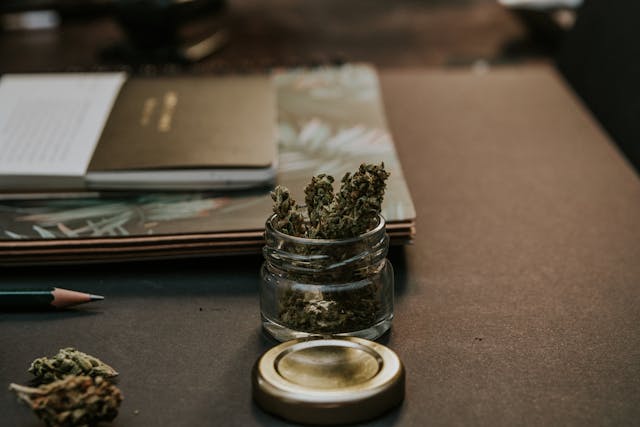
Comparison with regulations from other European countries
The Netherlands, long considered a centre for drug smuggling, is now seeking to bring its penalties into line with the tougher regulations in other European countries. Neighbouring countries such as Germany and Belgium have harsher sentences for drug offences, making the Netherlands an attractive target for cross-border crime.
The changes are therefore aimed at equalising the rules and increasing cross-border cooperation in the fight against drug smuggling, which is particularly important at a time when smuggling is taking place on a huge scale.
The broader context of the fight against drug crime in the Netherlands
The new regulations are just one of many elements of the Dutch government’s broader strategy to combat drug crime. The Netherlands is taking action to:
Crime prevention : Education of young people and initiatives aimed at preventing them from being drawn into criminal activities.
Combating illegal income models : Breaking the income structure of criminal organizations, especially those involved in drug smuggling and trafficking.
Effective punishment : Increased crime detection and the ability to impose higher penalties thanks to new regulations.
The increase in maximum penalties is intended to help courts and prosecutors operate more effectively. In recent years, prosecutors have repeatedly reported the need to raise the penalty limits, as drug crime is constantly growing and smugglers and traffickers rarely experience serious consequences for their actions.
The increased penalties bring hope for positive change, but many challenges remain. The new regulations may effectively deter criminals, but there is also a risk that some of the activities will be moved to countries with less stringent regulations. One potential side effect could be an increase in the operating costs of criminal groups, which could increase the price of drugs on the market. The Netherlands also faces challenges related to the limited number of prisons and resources to enforce the new regulations.
__
(Featured image by Fons Heijnsbroek via Unsplash)
DISCLAIMER: This article was written by a third party contributor and does not reflect the opinion of Born2Invest, its management, staff or its associates. Please review our disclaimer for more information.
This article may include forward-looking statements. These forward-looking statements generally are identified by the words “believe,” “project,” “estimate,” “become,” “plan,” “will,” and similar expressions. These forward-looking statements involve known and unknown risks as well as uncertainties, including those discussed in the following cautionary statements and elsewhere in this article and on this site. Although the Company may believe that its expectations are based on reasonable assumptions, the actual results that the Company may achieve may differ materially from any forward-looking statements, which reflect the opinions of the management of the Company only as of the date hereof. Additionally, please make sure to read these important disclosures.
First published in FaktyKonopne. A third-party contributor translated and adapted the article from the original. In case of discrepancy, the original will prevail.
Although we made reasonable efforts to provide accurate translations, some parts may be incorrect. Born2Invest assumes no responsibility for errors, omissions or ambiguities in the translations provided on this website. Any person or entity relying on translated content does so at their own risk. Born2Invest is not responsible for losses caused by such reliance on the accuracy or reliability of translated information. If you wish to report an error or inaccuracy in the translation, we encourage you to contact us

-

 Biotech1 week ago
Biotech1 week agoEurope’s Biopharma at a Crossroads: Urgent Reforms Needed to Restore Global Competitiveness
-

 Africa4 days ago
Africa4 days agoFrance and Morocco Sign Agreements to Boost Business Mobility and Investment
-

 Impact Investing2 weeks ago
Impact Investing2 weeks agoItaly’s Listed Companies Reach Strong ESG Compliance, Led by Banks and Utilities
-

 Fintech1 day ago
Fintech1 day agoFindependent: Growing a FinTech Through Simplicity, Frugality, and Steady Steps
